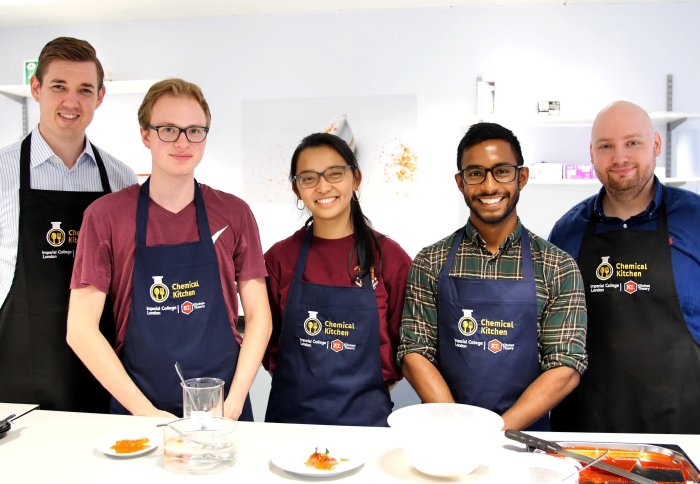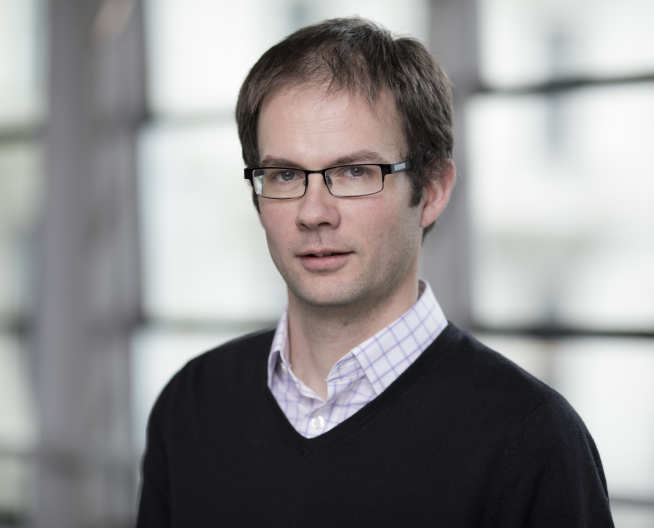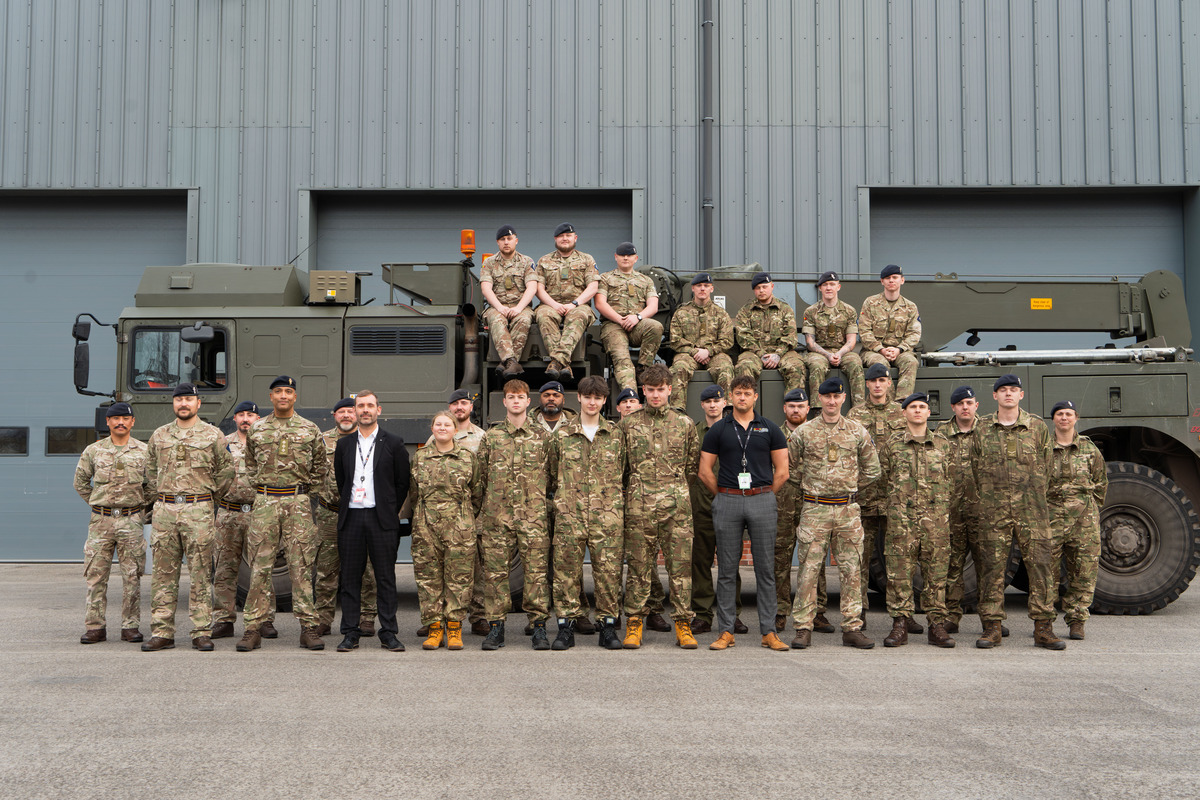Student-led projects impact Imperial’s teaching


Students Marvin, Charlotte, and Solomon co-developed the Chemical Kitchen course over the summer.
Staff-student teams met for their inaugural symposium on 9 October, celebrating their efforts to explore and influence teaching at the College.
The participants were part of ‘StudentShapers’ – Imperial’s staff-student educational development hub that provides both communities the opportunity to contribute to shaping learning and teaching.
The partnership aims to enhance the learning experience by fostering collaboration, with the end results being incorporated back into students’ curriculum. Students are provided with financial support and expert advice to support them taking part and to ensure projects have as high an impact as possible.

Dr Mike Streule
Dr Mike Streule, Director of StudentShapers said: “Staff and academics working with students as partners across both teaching and research has been proven to yield greater innovation.
“Partnering with students in both curriculum development and educational research will further ensure a world-class educational experience for our students into the future, and recognises the great talent and expertise that our students can offer to projects.”
Students as partners
Imperial MedSTEP
The Imperial MedSTEP project was developed by Dr Tanvi Agrawal, a Teaching Fellow associated with Years 1 & 2 of the MBBS course.
Students involved in the project have created an interactive and user-friendly self-testing platform, as part of a range of projects supporting learning at the College.
The project involved Year 1 & 2 MBBS students working together during summer 2018 in order to develop a revision platform that their cohort and future students will be able to use throughout the academic year.
Dr Agrawal accepted ten students to take part in the project, with the support of seven members of staff. During two months over the summer holidays students committed two to three weeks of their time. A further four students were supported in summer 2019.
Feedback from the student partners indicated that nine out of 10 of them found the summer placement to be a useful exercise for their own learning. 8 out of 10 of the student partners agreed that being involved in the question development process during this project has improved their future exam preparation. The platform was initially launched by the first cohort of students involved in this project in January 2019 for Year 1 MBBS students.
Dr Agrawal said: “When you work as partners with students, you get a unique insight into student opinion about different teaching methods, curriculum content and delivery. These experiences have definitely made me reflect on my teaching practise and aim to make my teaching practise as student-centered as I can.
The Ideal student
Led by Dr Tiffany Chiu and Dr Magda Charalambous, this project sought to explore staff and students’ interpretations of what it means to be an ‘ideal student’.
The StudentShapers group hosted meetings & qualitative research training sessions with 12 focus groups of 53 students from over ten undergraduate STEM degree programmes. Data was transcribed for thematic analysis and students were trained on qualitative software to manage, organise and analyse responses.
“This project blurred the lines separating the normal student and staff hierarchy. It took lots of trust, but we successfully worked as a team!”Maja WojtynskaStudentShaper
Some of the work carried out by the project team aided in the publication of a research paper authored by Dr Chiu, and Dr Billy Wong, University of Reading earlier this year.
StudentShaper, Maja Wojtynska, said: “This project blurred the lines separating the normal student and staff hierarchy. It took lots of trust, but we successfully worked as a team!”
The team hope that the project will contribute to ongoing efforts at the College to make it clearer to both staff and student what each expect of the other.
Chemical Kitchen
Delivered by Dr Luke Delmas and Dr Jakub Radzikowski, the Chemical Kitchen module was developed by Roger Kneebone, Professor of Surgical Education and Engagement Science. Professor Kneebone leads an unorthodox and creative research group, bringing together clinicians, educationalists, computer scientists, psychologists, social scientists, design engineers and experts from the visual and performing arts.
The Chemical Kitchen module exploits the overlap in skills required in professional kitchen and laboratories. It is initially to be offered to first year undergraduates in the Department of Chemistry and has generated enthusiastic debate in the media.
The students were treated as equal partners in co-developing the course and putting each other’s experience to good use. Dr Delmas said: “The StudentShapers helped us to narrow down a broad range of proposed activities for the module, combining maximum enjoyment and learning.
“Ultimately we are hoping this will result in a better experience for students as we consider rolling out the module to other departments.
Getting involved
StudentShapers participants can adopt one of two themes; either a project to enhance learning and teaching through curriculum redesign, or a project to research and investigate an aspect of education at Imperial.
- A curriculum development project is an opportunity for undergraduates or postgraduate taught students to become involved in educational development work in partnership with a member of staff. Placements usually take place over the summer vacation and a bursary is offered to support students.
- Educational research projects are intended to rigorously assess the effects of new teaching methods; they may also investigate an aspect of teaching or learning that would promote change or investment in a particular area of teaching.
A full list of active and upcoming StudentShapers projects is available online.
A Panopto recording of the StudentShapers Symposium featuring all project teams is also available online.











Responses